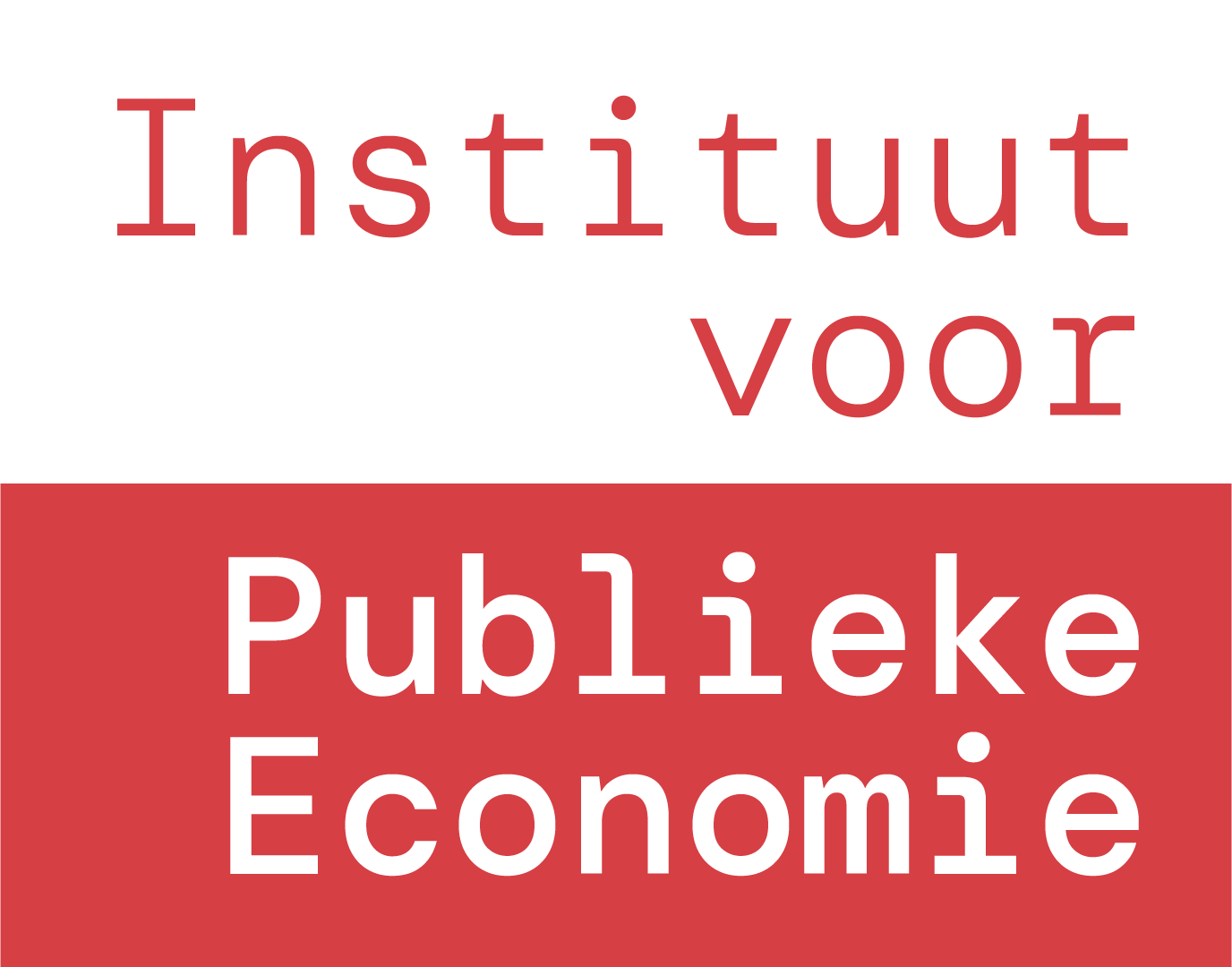Internationalization of our universities is also a valorization issue
Vinzenz Ziesemer
When Dutch minister for Education Robbert Dijkgraaf stated in parliament that two thirds of courses at Dutch universities should be taught in Dutch, this caused serious uproar among academic staff. Dijkgraaf may not have quite meant what he seemed to say, but some amount of change is likely to come to universities regardless. In my view, the benefits of internationalization far outweigh the drawbacks. But the academic community should be aware that a policy debate around those drawbacks has been ongoing for some time. Policy engagement by the academe is past due.
The failure to engage is emblematic of one particular drawback of internationalization. The academic community in the Netherlands has been an important part of the public policy discourse, but that contribution seems to have fallen by the wayside without adequate replacement. This applies to the social sciences in general and economics in particular.
Pro’s of internationalization
Dutch economics academia has seen gigantic improvements since the ‘90s. We used to have university chairs without PhDs. Much has changed since then, likely in no small part thanks to the contributions of researchers from abroad. Through enabling their publications in international journals, the Dutch taxpayer provides a global public good – as do other countries at our income level.
Academics also teach. The quality of teaching has been lifted by internationalization as well, is my impression. As a consequence, the NL has become an attractive country to study in for many international students, most of whom don’t stay here to work.
Inflow of foreign students perceived as losing proposition
The current consensus among Dutch politicians seems to be that this internalization of Dutch education is a losing proposition for the Dutch taxpayer. Even if true (and research suggests it may not be), that could be solved by increasing tuition fees for incoming students so that they at least cover costs, making higher education a successful export product in the process (as in the US and UK).
Alas, higher tuition fees haven’t been realized for two reasons. First, the EU doesn’t allow Member States to differentiate between in-state and out-of-state tuition (as is common in the US), nor is there another equalization mechanism to deal with the costs and benefits of within-EU migration (which, by the way, , would probably see the Netherlands pay other countries rather than the reverse, when taking into account all types of migration). Second, the Netherlands has not seriously considered other solutions, such as increasing tuition fees for all and then giving stipends to local students – a solution that may well be feasible.
The tuition fee issue is then compounded by another policy failure: the Netherlands’ housing supply is extraordinarily inelastic, roughly meaning that every international student prevents a Dutch one from moving out of their parents’ house. The city of Groningen even ended up housing international students in tents.
In this barren policy landscape, it was the universities themselves that kicked the debate over internationalization into gear by complaining about a lack of instruments to control the inflow of international students. In an EU that writes freedom of movement large, language requirements are the only straightforward discriminatory measure policy makers can give them. The academic community should be aware of its own role in the debate.
Low foreign engagement in local policy debates
In the field of economics, internationalization has another unforeseen liability in terms of the valorization of research. In many subfields of economics and other social sciences, valorization means impacting policy. But contrary to what some in academia may believe, research insights do not magically find their way into policy. The problems policy makers solve are specific, and often applying your skills as an economist is at least as important as knowledge of the literature. Therefore, valorization of research in economics requires that academics engage with policy makers.
In the US, Canada, and the UK, it is relatively easy for foreign economists to engage in local policy debates. The accessibility and reach of the Dutch language makes this harder in the Netherlands. The increased focus on publications in international journals, which also concerns those that do speak Dutch, has likely not helped.
The question of language requirements at universities forms a good case in point: it is perhaps the most active policy debate regarding universities in the Netherlands. But despite the impact on their personal lives that some now fear, there has been little engagement from the academic community. Not when the Dutch civil service started making recommendations on the issue. Not when political parties wrote measures into their manifestos. Not when the minister of Education sent his plans to parliament. The Hague has talked about this issue for years, but academic economists have become a rare sight in my city.
That reality forms a sharp contrast with expectation: the Netherlands has very little in the way of a civil society when it comes to the economic policy discourse. Where other countries have think tanks, as well as significant funding for political parties and their research institutes, the Netherlands for decades relied on professors at universities to provide the informed non-governmental voice in public debate. Lacking the publication pressure that is now common at universities, they had plenty of time to do so. They were on call for journalists, advised political parties, and helped governments whenever asked. As that generation reaches retirement age, our democracy deteriorates.
Tackle the issues
We should address the policy failures associated with internationalization. Resolving the tuition fee issue is a first step. Funding civil society is a second (here I declare a conflict of interest). When these steps are taken, we can lean back and enjoy the fruits of internationalization. Skipping the first two steps, however, is unlikely to work. Universities, who are key players in the tussle over internationalization, should take notice.

